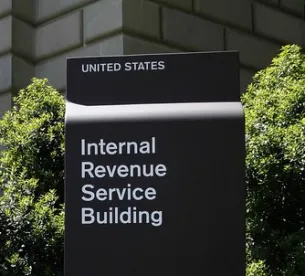In order to continue to keep our readers informed on tax matters, we will be rolling out weekly posts on significant Internal Revenue Service (IRS) guidance and relevant tax cases. This post marks our first round-up of IRS guidance for the week June 4 – 8, 2018.
June 4, 2018: The IRS issued 3 new FAQs (supplementing the original 14 tax reform FAQs) which announce that it will waive certain late-payment penalties relating to the section 965 transition tax.
June 4, 2018: The IRS issued Internal Revenue Bulletin No. 2018-23 including: Rev. Proc. 2018-32 (combining guidance for grantors and contributors to tax-exempt organizations); Rev. Proc. 2018-34 (providing indexing adjustments for certain provisions under section 36B); Rev. Rul. 2018-14 (obsoleting Rev. Rul. 68-59, 1968-1 C.B. 273); Rev. Rul 2018-15 (obsoleting Rev. Rul. 74-487, 1974-2 C.B. 82; Rev. Rul. 75-211, 1975-1 C.B. 86; Rev. Rul. 77-115, 1977-1 C.B. 154; Rev. Rul. 77-407, 1977-2 C.B. 77; and, Rev. Rul. 80-11, 1980-1 C.B. 58); and Rev. Rul. 2018-16 (providing the prescribed federal interest rates for June 2018).
June 7, 2018: The IRS issued an early release draft of Form W-4, Employee’s Withholding Allowance Certificate seeking comments from industry.
June 7, 2018: With hurricane season underway, the IRS warns taxpayers that scammers often try to take advantage of the generosity of taxpayers who want to help victims of major disasters.
June 8, 2018: The IRS issued final regulations under sections 337 and 732 that: (1) prevent a corporate partner from avoiding corporate-level gain through transactions with a partnership involving equity interests of the partner or certain related entities, (2) allow consolidated group members that are partners in the same partnership to aggregate their bases in stock for certain purposes and (3) that may require certain corporations that engage in gain elimination transactions to reduce the basis of corporate assets or to recognize gain.
June 8, 2018: The IRS released its weekly list of written determinations (e.g., Private Letter Rulings, Technical Advice Memorandum and Chief Counsel Advice).




 />i
/>i
